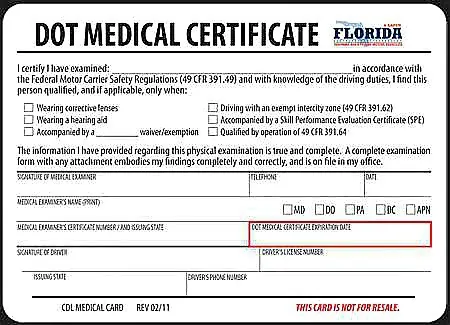Getting a Texas CDL can open up many attractive career opportunities, but certain disqualifications can stand in your way. If you are wondering “What disqualifies you from getting a CDL in Texas”, this post gets you covered. For a quick answer, the disqualification ranges from DUIs to serious traffic violations, felonies, and many others. In this post, we will outline all the disqualifications with a detailed explanation of how they affect your eligibility. A step-by-step guide to help you retrieve your CDL after being disqualified is also included in this post. Scroll down to avoid potential burden in your CDL journey!
What disqualifies you from getting a CDL in Texas?
Here is an overview of major disqualifications and how they affect your CDL status:
DUI and DWI offenses
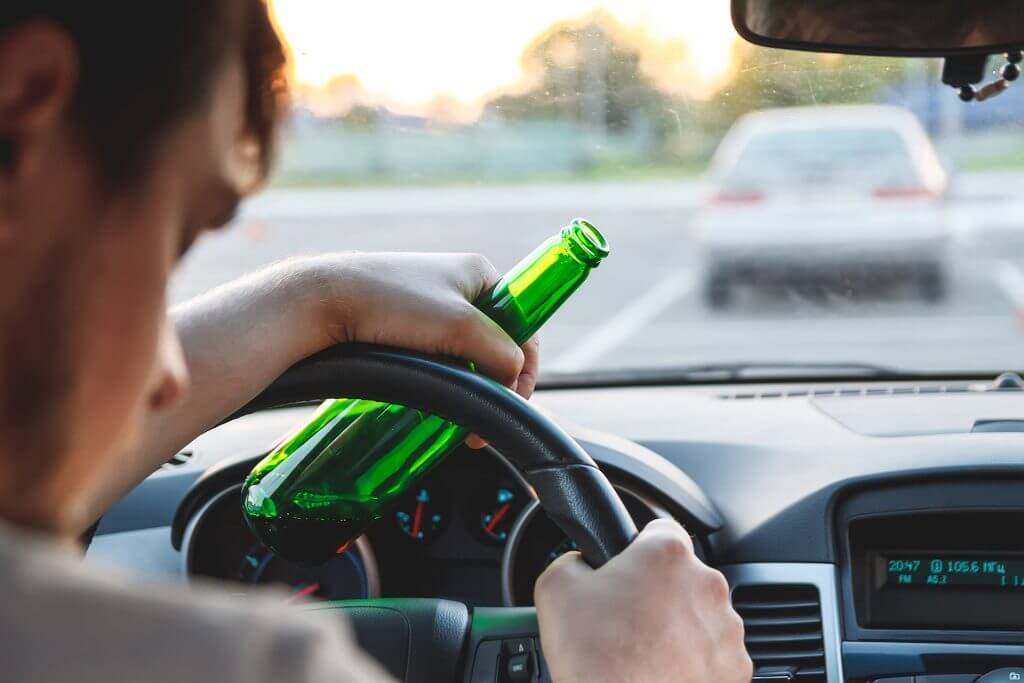
Driving under the influence (DUI) and driving while intoxicated (DWI) are terms used to describe operating a motor vehicle while impaired by alcohol or drugs. In Texas, commercial drivers are held to stricter standards compared to regular drivers. A Blood Alcohol Concentration (BAC) of 0.04% or more is grounds for severe penalties. Here is what you need to know about disqualifications related to DUIs and DWIs:
- First offense: If your BAC is 0.04% or higher or you are under controlled substance while operating a commercial motive vehicle (CMV), your CDL will be disqualified for at least one year.
- Non-commercial vehicle offense: In the case of a conviction against DWI in a non-commercial vehicle, the suspension of your CDL can last for one year.
- Hazardous materials transportation DWI: The disqualification period goes up to three years for those who get arrested for DUI while carrying hazardous materials.
- Second and subsequent offenses: A second or subsequent DUI/DWI offense within 10 years can result in a lifetime CDL ban. These strict approaches prove zero-tolerance based on the violations against alcohol-related laws.
Felony convictions

Felonies are criminal offenses that typically involve either harm to individuals or substantial property damage. If the felony consists of an activity with a CMV, such as smuggling, drug trafficking, or utilizing a CMV to commit any felony, the penalties become even more severe. Some key points to consider include the following:
- General felony convictions: You will be subject to lifetime CDL disqualification if you are convicted of human smuggling, drug trafficking, or any violent crime involving a CMV.
- Drug-related felonies: An offense of manufacturing, distributing, or possessing a controlled substance automatically results in a lifetime ban from obtaining a CDL, even if the offense did not involve a CMV.
This is how Texas enforces strict standards to help assure safety on the highways. The serious felonies not only affect your eligibility for a CDL: but also affect your future career prospects in the commercial trucking industry.
Serious traffic violations
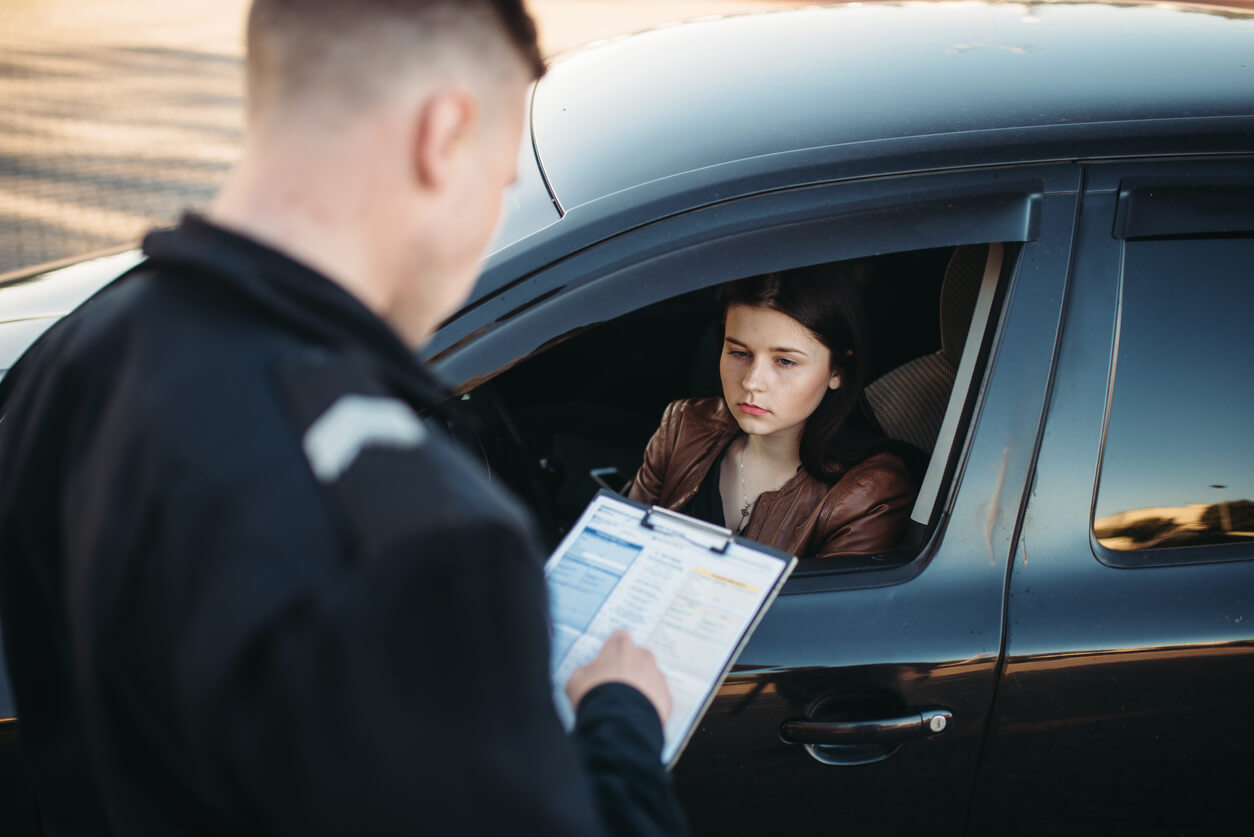
In Texas, certain traffic offenses are classified as serious violations for CDL holders, resulting in a suspension of your CDL. These serious violations include:
- Speeding 15 mph or more above the posted speed limit.
- Reckless driving.
- Making improper or erratic lane changes.
- Following another vehicle too closely.
- Traffic offenses committed in a CMV result in fatal traffic accidents.
- Operating a CMV without a valid CDL.
- Driving a CMV without the propeller CDL Class or endorsements.
Disqualification period for these serious traffic violations:
- Two violations in three years: A driver who has two serious violations in three years is disqualified from operating a CMV for 60 days.
- Three disqualifications in three years: If a driver commits three or more serious violations within the same time frame, it results in a 120-day suspension, reinforcing the need for safe driving practices.
Ignoring out-of-service orders
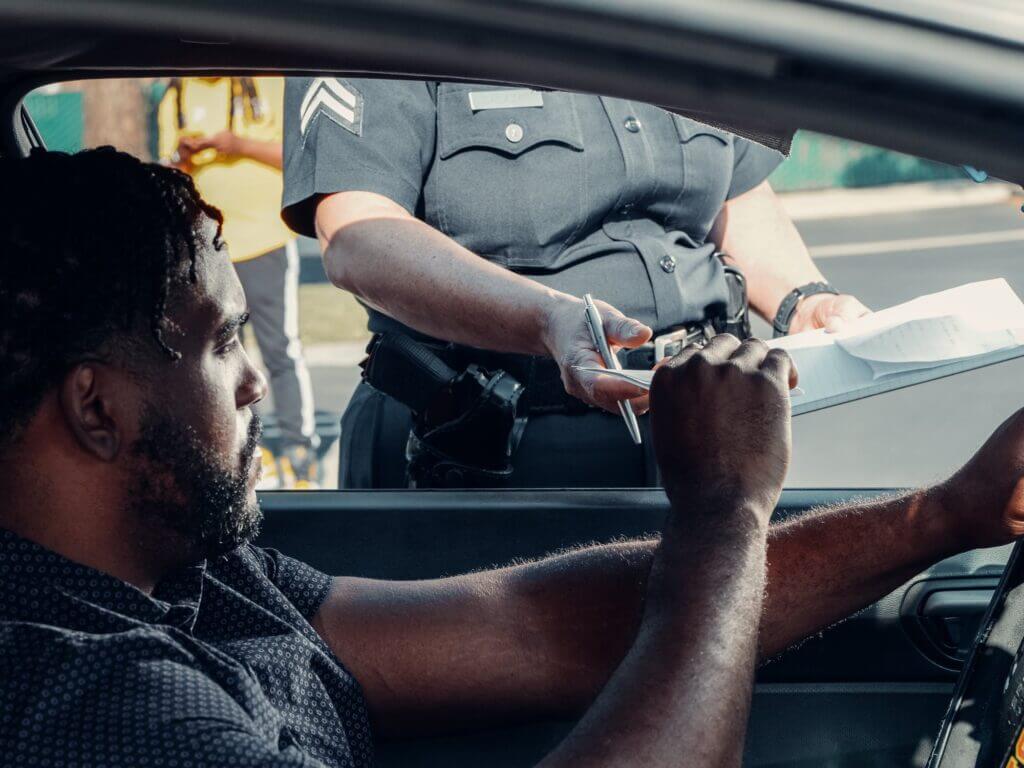
The out-of-service orders are issued by either law enforcement or federal authorities when a vehicle or driver is considered unsafe to operate. Disregarding these orders puts everyone on the road at risk and reflects a motor carrier’s attitude toward safety. Here is what you should expect if ignoring these orders:
- First offense: A first violation of an out-of-service order equates to a 90-day CDL suspension.
- Repeat offenses: Two violations within ten years lead to a one-year disqualification. Consecutively, in instances where there are three or more out-of-service violations within a ten-year period, the suspension of the CDL will last for three years.
Railroad and highway crossing offenses

Railroad-highway crossings are one of the highly regulated regions regarding safety. Violations in these areas are taken very seriously, with penalties increasing for repeat offenses. These violations apply when:
- A driver stops before crossing railroad tracks if not required to stop.
- A driver fails to stop before crossing the tracks when required.
- A driver fails to leave sufficient space to cross the tracks without stopping on the tracks.
- A driver fails to obey a traffic control device or directions of an enforcement officer at the crossing.
- A driver does not have sufficient undercarriage clearance to proceed safely.
The offenses here invoke significant penalties:
- A first offense results in a 60-day CDL suspension.
- A second offense within three years amounts to a 120-day suspension.
- A third offense within the same period results in a one-year suspension.
Disqualification related to Hazardous materials endorsement
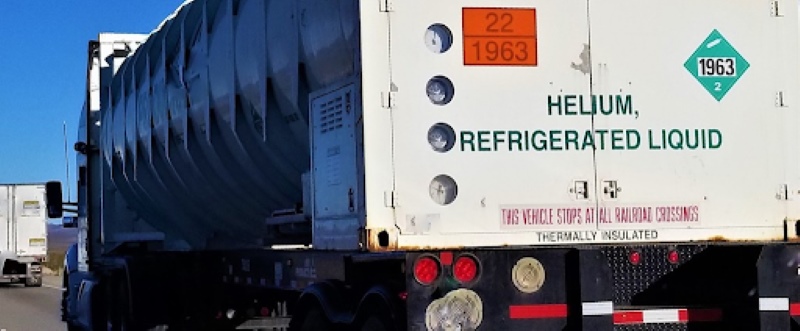
The endorsement in hazardous materials requires a clear background check through the TSA. The conditions that can disqualify a person for such an endorsement include:
- Criminal history: Convictions for some felonies, especially those that come with a security threat, are denied for the hazmat endorsement.
- Mental health and security risks: Those with certain mental health adjudications or are classified to be security risks are prohibited as well.
- Citizenship: Non-U.S. citizens without lawful permanent residency.
Personal vehicle violations impacting CDL
According to the 1999 Motor Carrier Safety Improvement Act (MCSIA), traffic violations in your personal vehicle can result in a suspension or revocation of your CDL. This regulation operates on the principle unsafe driving practices on or off the job are a sign of poor judgment and high liability on the road. The following situations are applicable:
- One-year suspension: A one-year suspension applies if a personal vehicle violation includes alcohol, drugs, or a felony offense.
- Lifetime disqualification: a second offense occurring in a CMV or any vehicle for alcohol. Drug or felonies include lifetime disqualification.
Driving a commercial vehicle with a suspended CDL

Operating a CMV on a suspended or invalid CDL is among the serious offenses in Texas, If convicted, the penalties run high as follows:
- Legal consequences: If caught, the driver will face immediate suspension and potentially hefty fines; depending on the severity of the offense.
- Employment consequences: Apart from the fines and possible incarceration, employers may dismiss your service, which could affect your future career.
Always be sure that your CDL is valid and current. If suspension issues come up, take them seriously and consult with an attorney if possible.
Refusing to comply with alcohol testing
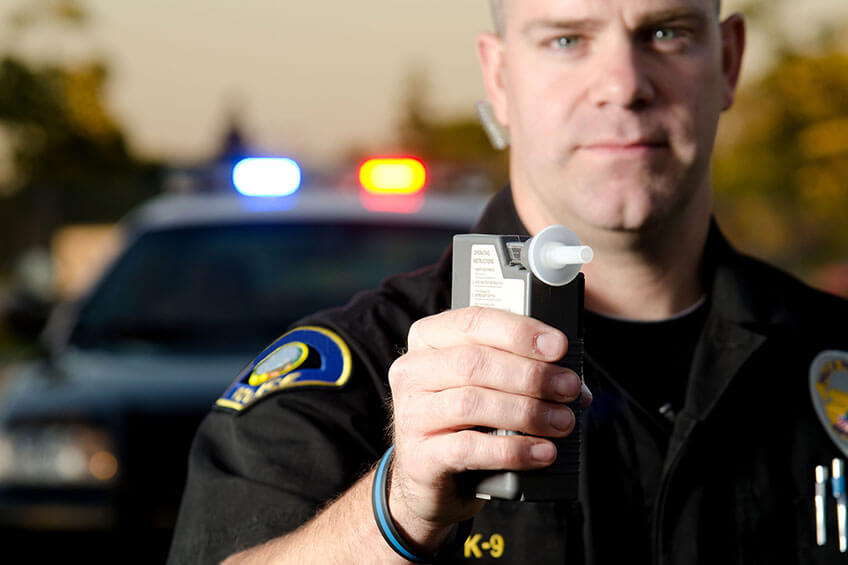
In Texas, refusal of an alcohol test carries the same weight as a failure of this test, resulting in automatic disqualification:
- Immediate suspension: Refusing to take an alcohol test results on at least one-year suspension.
- Employment risks: This refusal is recorded in your driving history, and hence, leads to difficult conditions when seeking employment later on since employers link refusal to a safety hazard.
FAQs
1. What disqualifies CDL in Texas?
Disqualification of a CDL in Texas can result from different offenses. The penalties can be different according to the type of violation and seriousness, Major categories include:
- DUIs/DWIs offense.
- Serious traffic violations.
- Felony offenses.
- Railroad-highway grade crossing violations.
- Out-of-service order violations.
- Refusal of alcohol test.
- Traffic violations in personal vehicles.
Suspension periods or disqualification lengths for each of these categories are listed above, ranging from temporary to lifetime depending on the offense committed and frequency.
2. What felonies disqualify you from getting a CDL in Texas?
A felony conviction can seriously impact your eligibility for a CDL in Texas. Certain felony convictions that disqualify you from gaining a CDL in Texas are as follows:
- A conviction with DWI: Committing a felony with DWI can disqualify you from getting a CDL. The period of suspension depends on whether it is the first offense, whether it involves a CMV, or if it has an aggravating circumstance.
- Drug offenses: Any felony conviction of drug trafficking, drug manufacturing, or distribution of controlled substances can be grounds for lifetime disqualification from CDL.
- Human trafficking or human snuggling: A conviction for human trafficking or human smuggling is considered extremely serious and carries a lifetime disqualification to get a CDL.
- Felony involving a CMV: Any felony that involves the use of a commercial vehicle can result in permanent disqualification.
- Other serious felonies: Crimes such as vehicular manslaughter, assault with a motor vehicle, and negligent homicide also disqualify you from obtaining or retaining a CDL in Texas.
3. Does a DUI disqualify you from a CDL in Texas?
Yes, a DUI can be considered as a basis for the disqualification of CDL in Texas. The first-time offense of DUI results in a minimum one-year suspension. Longer or lifetime disqualification periods are applied for DUI involving a CMV or leading to fatalities.
Final thoughts
Overall, understanding “What disqualifies you from getting a CDL in Texas” is crucial whether you are considering a career in commercial driving or trying to maintain your CDL. Texas law holds some strict standards for CDL holders, ensuring qualified and responsible drivers operate a commercial vehicle. Therefore, keeping a clean record and avoiding serious violations will protect both your CDL and your livelihood. If you are facing any charges or seek advice concerning CDL eligibility, carefully read our CDL disqualification checklist above and seek a professional attorney to help navigate these regulations and protect your driving career.


